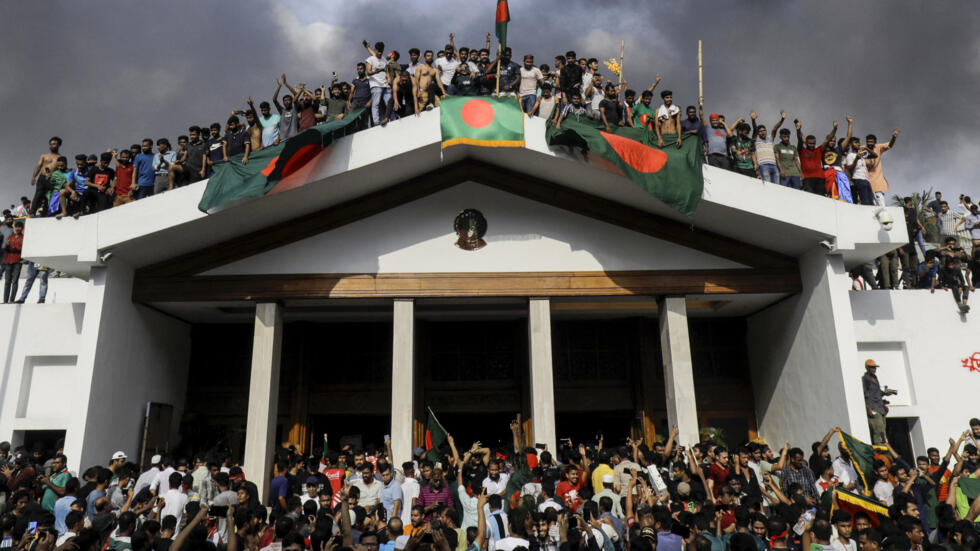
Bangladesh in Crisis: Chief Justice and Central Bank Governor Resign Amid Student Protests
The Chief Justice of Bangladesh, Obaidul Hassan, and the Governor of the Central Bank, Abdur Rouf Talukder, have stepped down after escalating protests led by students began to rock the nation. The wave of resignations follows a wider protest movement in the country targeting officials appointed during the rule of long-serving PM Sheikh Hasina.
This followed the resignation of chief justice Hassan under heavy pressure from the student protesters, a development that had been confirmed by law ministry adviser Asif Nazrul in a recent Facebook video. The chief of the Central Bank, Talukder, also tendered his resignation, although it has yet to be formally accepted, as his is a post that is very critical, according to adviser to the finance ministry Salehuddin Ahmed.
Originally started by students protesting grievances surrounding government job quotas, the movement has since evolved into crossing the farthest extremism in its demand for the resignation of Hasina and her appointees. The violence has also claimed the resignation of four deputy governors of Bangladesh Bank, accused of corruption; and Dhaka University Vice-Chancellor A.S.M. Maksud Kamal.
Student agitation against the killings turned violent, with the epicenter at Dhaka University. The violence has taken away about 300 lives, most of them being students. As welcoming the mounting pressure, Prime Minister Sheikh Hasina fled to New Delhi and ended her 15-year unabated rule.
This has, in recent days, pressure the government into changing the police chief and other senior security officials. The new caretaker government, comprising Advisers such as Asif Nazrul at the head of administration, has tried to persuade protesters to continue their agitation but peacefully, without destroying public properties. With this, tension continues as the country is still in this stage of transition and troubles.
Also, see:
WhatsApp Users in Pakistan Face Service Disruptions Amid Technical Glitches 11 August 2024







